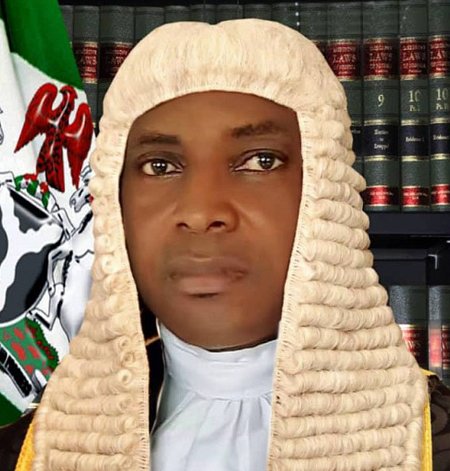The move to appoint new judges for the Abia State Judiciary had suffered some serious setbacks since 2022. The problem was connected with the process of appointment of judicial officers in Abia State which the Abia State Judicial Service Commission (“the Commission”) has the constitutional power to oversee, subject to the approval of the National Judicial Council (NJC).
The gist of the controversy is that in 2022, the Commission was involved in a recruitment exercise for appointment of Judges of the Abia State Judiciary. This “2022 Appointment Exercise” was hampered by allegations of corruption leading to the filing of court action at the Federal High Court as well as appeals pending at the Court of Appeal.
In view of the development, the Commission, acting under its constitutional powers, commenced another recruitment exercise in 2024 (“2024 Appointment Exercise”). The attempt to commence another recruitment exercise triggered objections and petitions from some of the participants in the 2022 Appointment Exercise who had demanded that the 2024 Appointment Exercise should be discontinued until issues around the 2022 Appointment Exercise were resolved and the exercise pursued to a conclusion.
In a bid to break the logjam, the Attorney General of Abia State (as Claimant) approached the National Industrial Court of Nigeria (“NICN”), Owerri Division, by Originating Summons filed on 29 February 2024 seeking the interpretation of the relevant provisions of the laws, rules and guidelines for the appointment of Judges in Abia State as well as reliefs that would enable the Commission to proceed smoothly with the 2024 Appointment Exercise. Sued as Defendants were the Commission (1st Defendant), E. E. J. Agwulonu (2nd Defendant), Nkume [Joy] Ijeoma Oluchi (3rd Defendant, for herself and as a representative of the 2022 shortlisted candidates for appointment of Judges in the Abia State Judiciary), and the NJC (4th Defendant).
In suing the Commission as 1st Defendant, the Attorney General excluded himself because by virtue of paragraph 5(b), part II (C) of the Third Schedule to the 1999 Constitution (as amended) (“the Constitution”), the Attorney General is a member of the Commission. Thus, the suit was filed by the Attorney General in his capacity as the Chief Law Officer of the State.
The Court was asked to determine whether the Commission has the power to call for expression of interest and shortlist suitable candidates for recommendation to the NJC for appointment as Judges of the Abia State Judiciary, having obtained the necessary approval from the NJC; and whether the 2nd and 3rd Defendants have the power to interfere with the power of the Commission. The Court upheld the power of the Commission to superintend over the appointment of judicial officers in Abia State subject to the approval of the NJC and held that the 2nd and 3rd Defendants have no right to interfere with the power of the Commission.
In the course of the proceedings, the Court was called upon to resolve some recondite issues of law on the substantive suit, including preliminary objections challenging the jurisdiction of the Court to entertain the case.
The Presiding Judge, Hon. Justice N.C.S. Ogbuanya, was equal to the task. His Lordship critically considered all the arguments and delivered a textbook Judgment on the whole topic.
I attempt below to summarize the 53-page Judgment delivered on 26 July 2024. I will begin with the preliminary objections and thereafter look into how the Court arrived at its decision on the substantive case.
By the unprecedented Judgment, Ogbuanya J. advanced the frontiers of Employment Law in Nigeria, and commendable too.














